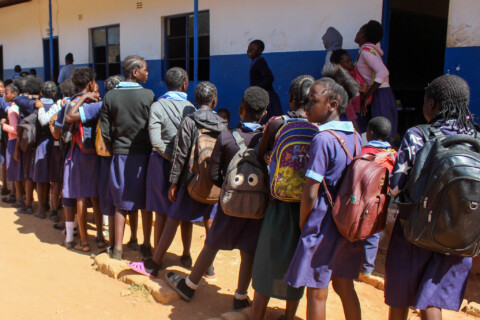The Federal Government has reiterated its strong commitment to the welfare of Nigerian students studying abroad under the Bilateral Education Agreement (BEA) Scholarship Programme.
The BEA Programme, established through diplomatic partnerships, enables Nigerian students to pursue academic studies in countries such as China, Russia, Algeria, Hungary, Morocco, Egypt, and Serbia. Under the agreements, host countries provide free tuition, accommodation, and monthly stipends, while the Nigerian government supports scholars with take-off grants, monthly allowances, and return travel upon completion of their studies.
In a statement issued Friday in Abuja, the Director of Press and Public Relations at the Federal Ministry of Education, Folasade Boriowo, confirmed that all supplementary allowances due to Nigerian students have been paid up to December 2024. She highlighted that this achievement reflects the ongoing efforts of the Minister of Education, Dr. Olatunji Alausa, to prioritize the welfare of Nigerian scholars abroad.
Boriowo acknowledged that recent fluctuations in exchange rates had caused shortfalls in fund disbursement.
“To address this, the Honourable Minister has formally requested additional funding to cover the differentials and ensure full payment of entitlements to all affected students,” she said.
She also noted that future provisions for the BEA Programme have been captured in the Federal Ministry of Education’s 2025 Capital Budget. Disbursement of these funds is expected to begin once implementation of the 2025 budget officially commences.
“The Ministry assures all stakeholders of its unwavering commitment to supporting Nigerian scholars abroad and is working diligently to meet all obligations under the BEA in a timely and effective manner,” Boriowo emphasized.
She expressed gratitude to students and their families for their patience and understanding, and reaffirmed the Ministry’s dedication to the success of the Bilateral Education Agreement Programme.





